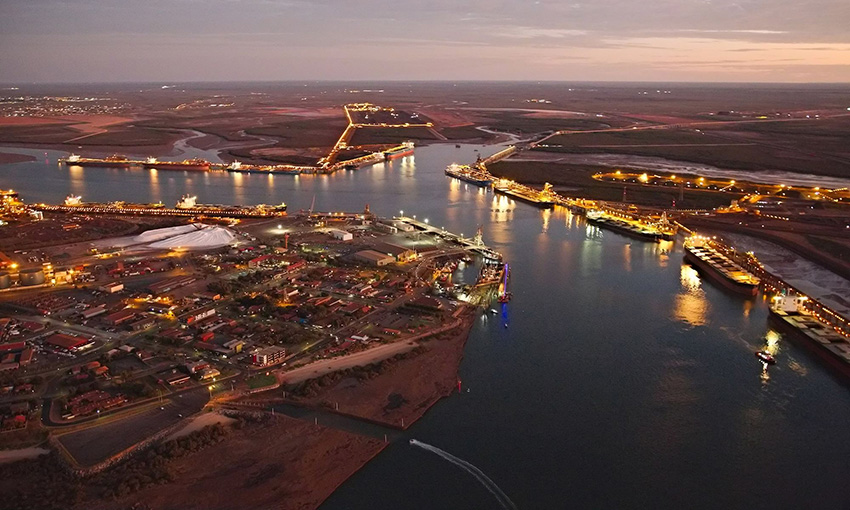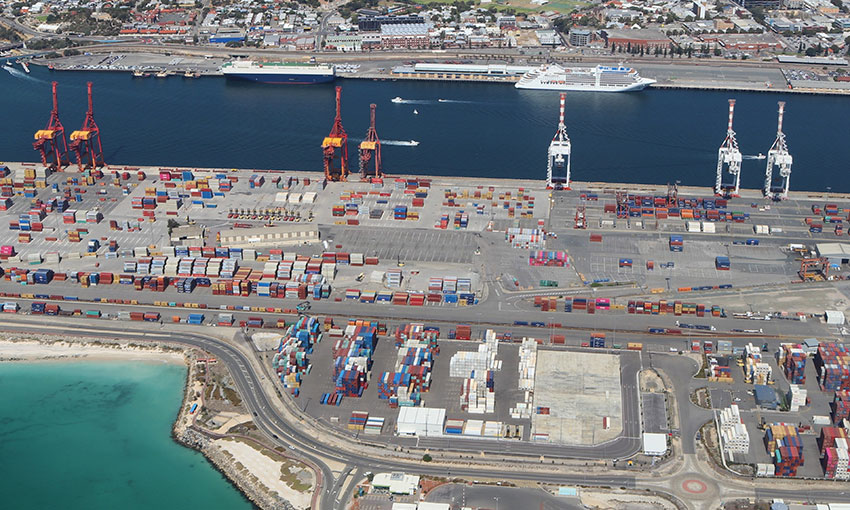A NEW employment program and simulation facility at the port of Port Hedland are aiming to provide more opportunities for women and the younger generation entering pilotage.
Pilbara Ports’ pilotage team has grown to 16 pilots, according to the WA government, with more jobs to come.
The government said strong economic conditions across the Pilbara and projects like the Lumsden Point development are increasing demand for port services.
The Pilbara Ports marine pilotage employment program uses on-water training, simulators, prior experience recognition, and technical competency assessments to improve training efficiency.
Pilbara Ports partnered with North Regional TAFE to relocate simulator equipment from its Broome campus to the new Port Hedland facility, including a replica ship bridge.
The new marine simulation facility contains digital replicas of nine different ports, a variety of vessels, as well as different locations, weather conditions, currents, tides and times of day.
WA ports minister David Michael visited the new maritime simulator facility in Port Hedland on Wednesday.
“Visiting the Marine Simulation Centre in Port Hedland today was a fantastic opportunity to understand the complexity of navigating vessels in and out of the port of Port Hedland,” he said.
“More than 3000 vessels visited the port of Port Hedland in 2022-23, transporting 566.5 million tonnes of cargo – mainly iron ore.”
The state government said Pilbara Ports is also improving diversity in the maritime industry – a female pilot recently joined the port authority and is expected to be fully licensed by 2024. Another woman is due to commence at the same time.
“By implementing programs such as these, Pilbara Ports is ensuring it continues to deliver economic returns for the state, while also removing significant barriers to employment in the maritime industry,” Mr Michael said.
The marine pilotage program aims to address the short-to-medium term provision of marine pilotage services and build on the existing Marine Cadetship Program, which a long-term strategy to provide young local adults with a career pathway into the maritime industry.





